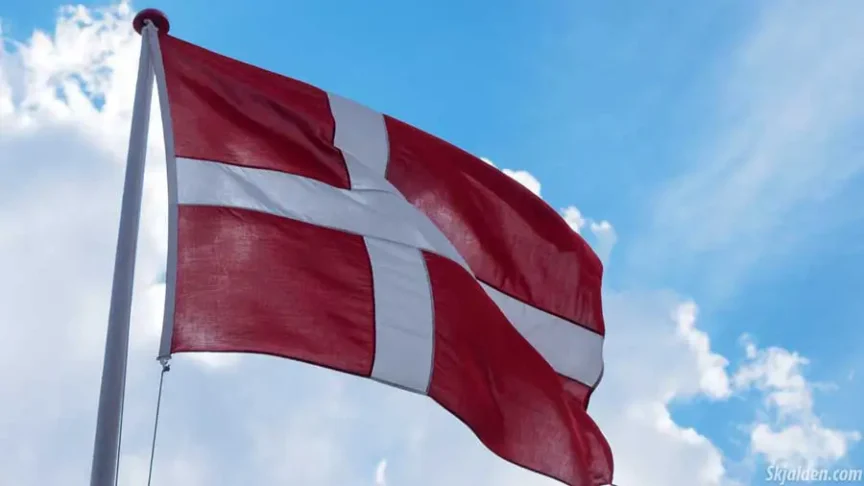Gratitude is a universal feeling that transcends cultures and languages. In Denmark, like anywhere else, expressing thanks is not just a matter of good manners but a vital part of everyday interaction. This short guide will give you a few different ways of saying “thank you in Danish“.
Adding Depth to ‘Tak’ Gratitude
‘Tusind tak’: This phrase means ‘a thousand thanks.’ It’s used to convey a deep sense of gratitude.
‘Tak skal du have’: This phrase, meaning ‘you shall have thanks,’ adds a personal touch. It’s often used to directly acknowledge someone’s effort or kindness.
‘Mange tak’: Translating to ‘many thanks,’ this phrase is slightly more formal than a simple ‘Tak.’ It’s often used when you want to express a greater level of appreciation, perhaps for a favor or a thoughtful gift.
‘Tak for hjælpen’: Directly translating to ‘thanks for the help,’ this is a go-to expression when someone assists you, in both minor and major ways.
Gratitude in Social Settings
‘Tak for mad’: This phrase, meaning ‘thanks for the meal,’ is used as a sign of respect and appreciation towards the host or the cook. It can be considered rude not to say it.
‘Tak for sidst’: An interesting expression, ‘Tak for sidst’ means ‘thanks for the last time.’ It’s a unique way to show gratitude for a previous meeting or gathering.
‘Tak for i dag’: Used at the end of a day spent with friends, colleagues, or family, this phrase, translating to ‘thanks for today,’ is a courteous way to acknowledge and appreciate the shared time.
‘Tak for turen’: Used after a shared journey or trip, this means ‘thanks for the trip.’ It’s a way to appreciate shared experiences and adventures.
A Sensitive Phrase: ‘Tak for alt’
‘Tak for alt’ is a simple yet powerful way to say ‘thank you for everything’ in Danish. It’s the kind of thank you you save for very special or sad times, like saying goodbye to someone important who isn’t going to be around anymore. It’s a way to show how much someone has meant to you, covering all they’ve done and the impact they’ve had on your life.
